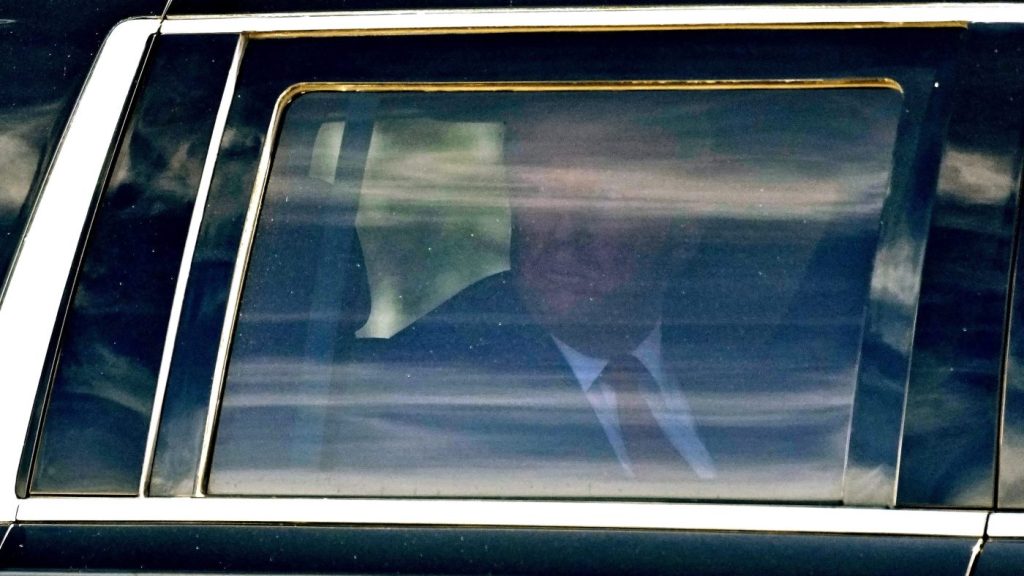A federal judge on Thursday rejected a request from former President Trump to dismiss his classified documents case. This decision was made after a hearing on different motions from Trump trying to dismiss the case.
Judge Aileen Cannon's ruling came after she showed doubt during Thursday’s three-hour hearing about whether Trump’s case could be dismissed for being “unconstitutionally vague.”
Trump’s legal team has filed nine different motions trying to get rid of the case. In one of the February filings, they argued that the law was unclear when applied to Trump.
Trump's lawyer Emil Bove stated that the statute's ambiguity allows for “selective” enforcement by the Justice Department, resulting in charges against Trump but letting others avoid prosecution, citing President Biden.
“The court’s duty is to strike the statute and say, ‘Congress, fix it,’” Bove told Cannon.
Prosecutor Jay Bratt disagreed with the claim that the statute was unclear.
The judge told Trump’s attorney that striking down a statute — as the defense is seeking — would be “quite an extraordinary step.” But she also pointedly noted to a prosecutor that no former president has ever been charged with mishandling classified documents.
Bratt responded that there has never been another situation “remotely similar to this one.”
On Thursday, Cannon only addressed two of Trump’s nine motions and did not immediately rule on whether the case could be dismissed under the Presidential Records Act.
Trump has argued that the more than 300 classified records found at Mar-a-Lago could be considered personal records rather than presidential ones.
Cannon expressed doubts about Trump’s claims, stating they were in dispute and therefore not a solid reason to dismiss the indictment.
The law, established in 1978, requires presidents to transfer their presidential records to the U.S. government after leaving office, specifically to the National Archives and Records Administration. However, they are allowed to keep personal records, like diaries and notes that are purely private and not related to government business.
The Associated Press contributed.









